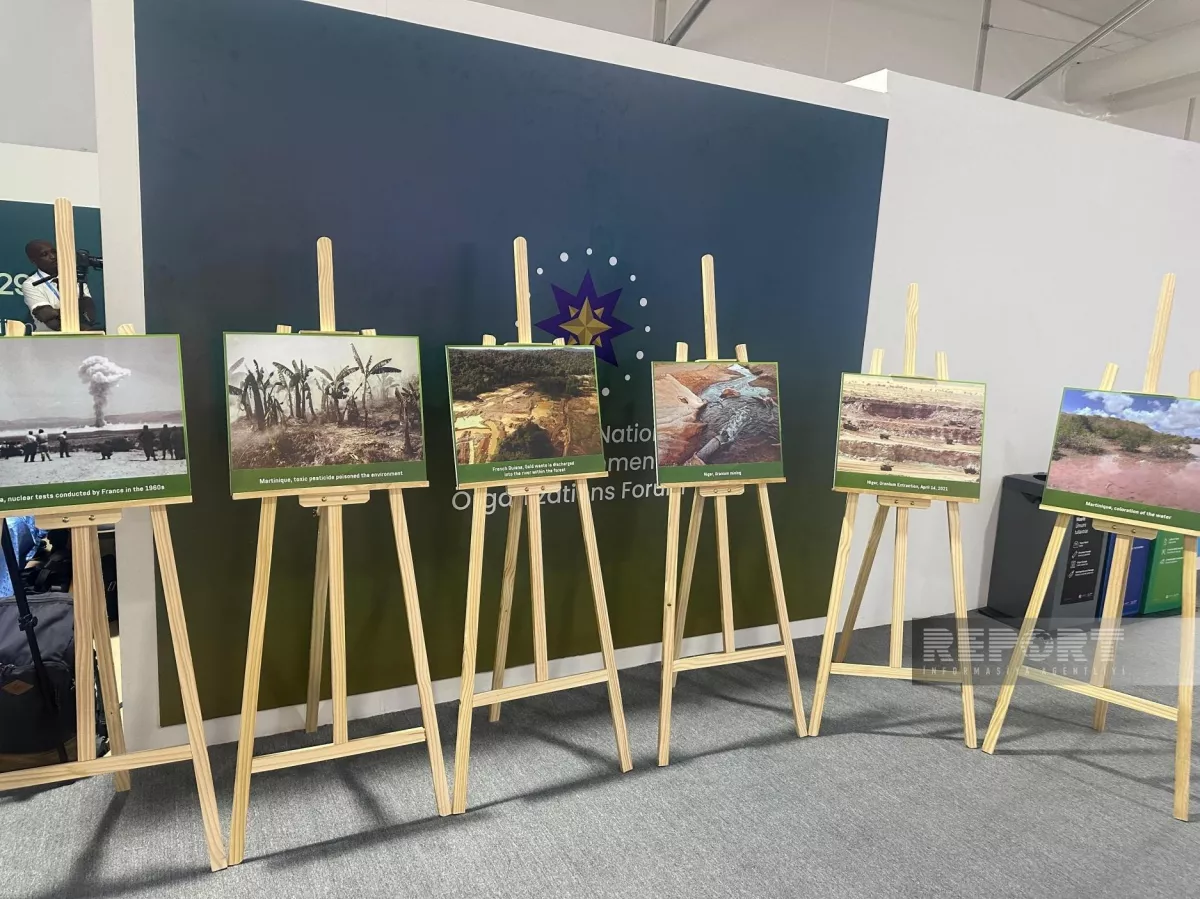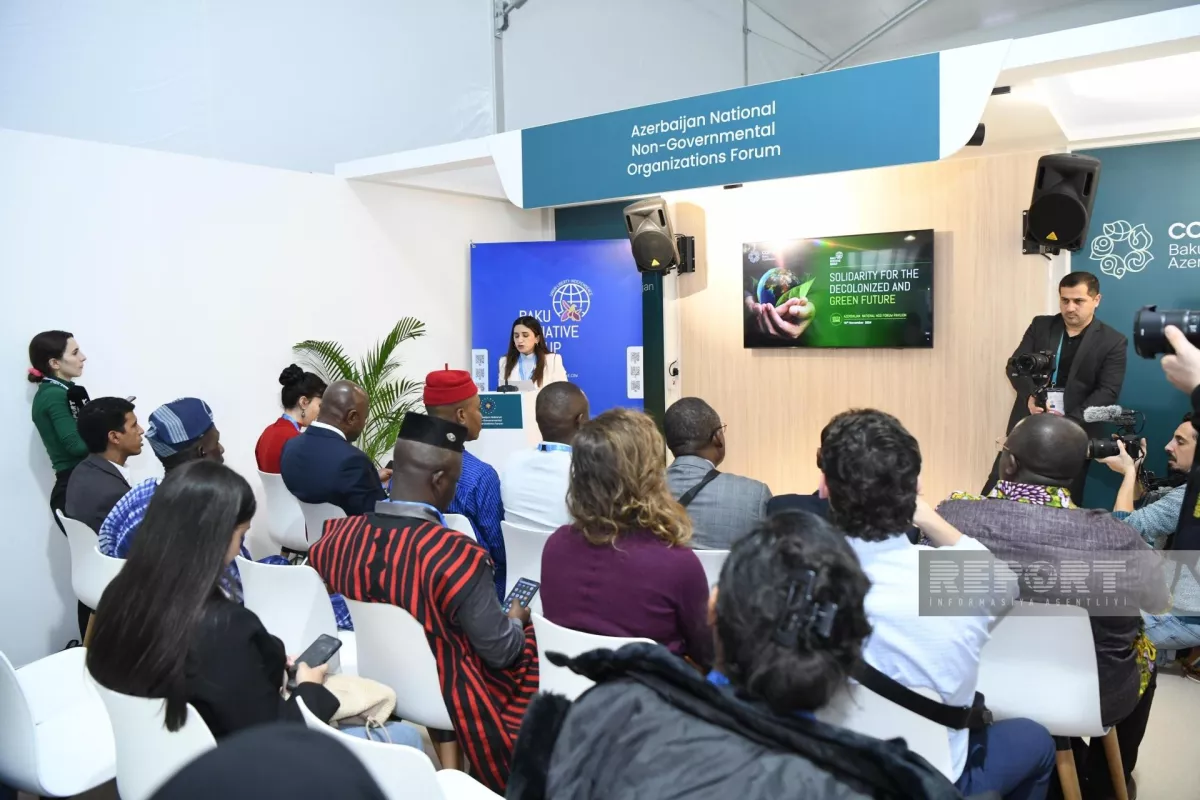COP29 features event on decolonization, green future Organised by Baku Initiative Group
The Baku Initiative Group (BIG) held an event titled “Solidarity for the Decolonized and Green Future” on the sidelines of the 29th session of the Conference of the Parties (COP29) to the UN Framework Convention on Climate Change.
The event brought together a diverse group of participants, including Members of Parliament, representatives from NGOs, politicians, eco-activists, human rights defenders, and others from former colonies across Africa, such as Mali, Kenya, the Democratic Republic of Congo, Nigeria, Djibouti, Togo, Mauritania, Zimbabwe, Zambia, and Cameroon, Caliber.Az reports via local media.
The focus of the event was on the environmental challenges facing former colonies, particularly in Africa, and the ways in which the continent can achieve a green future free from external interference. Discussions centered on the lasting negative impacts of colonialism, as well as the importance of sustainable development, ecological restoration, and the conservation of natural resources.
African parliamentarians in attendance strongly condemned the failure of former colonial powers to abandon colonial practices and their ongoing attempts to impose new forms of domination. Special attention was given to France’s controversial role in the Sahel region, which has contributed to displacement and instability in the area.
The participants emphasized the need for practical steps towards the successful decolonization of regions still suffering under colonial influence. A key message from the event was the importance of continuing the decolonization process for the benefit of the African people, who have long been burdened by colonialism.
The event was organized as part of the grant competition "COP29: International Initiatives," which was announced by the Ministry of Ecology and Natural Resources of Azerbaijan and the Agency for State Support to NGOs. The discussions at the event underscored the significance of global solidarity in addressing the dual challenges of decolonization and environmental sustainability, particularly for the African continent.
By Vafa Guliyeva










